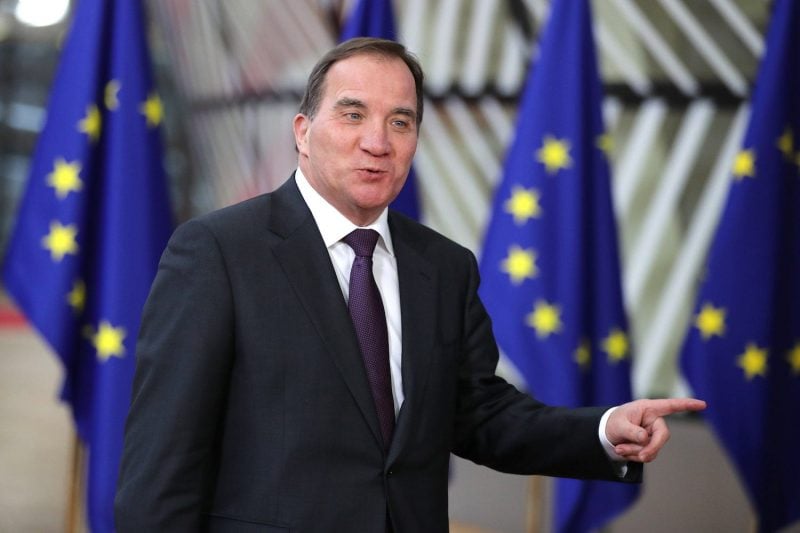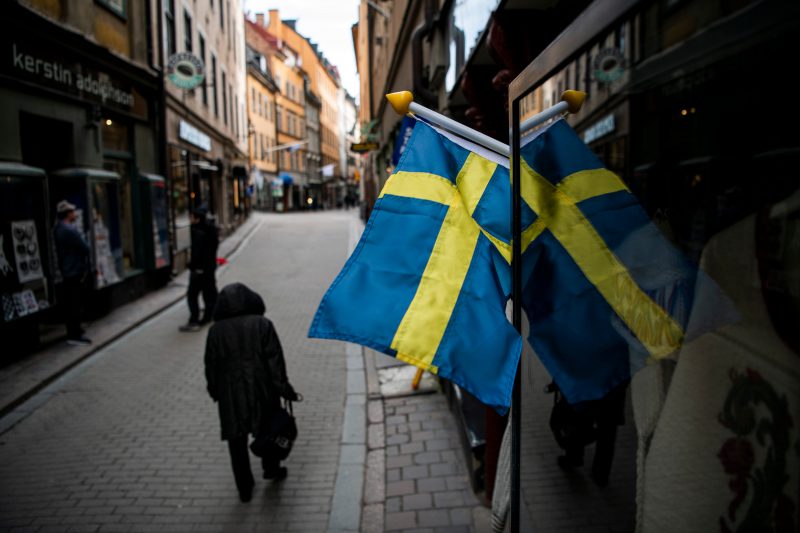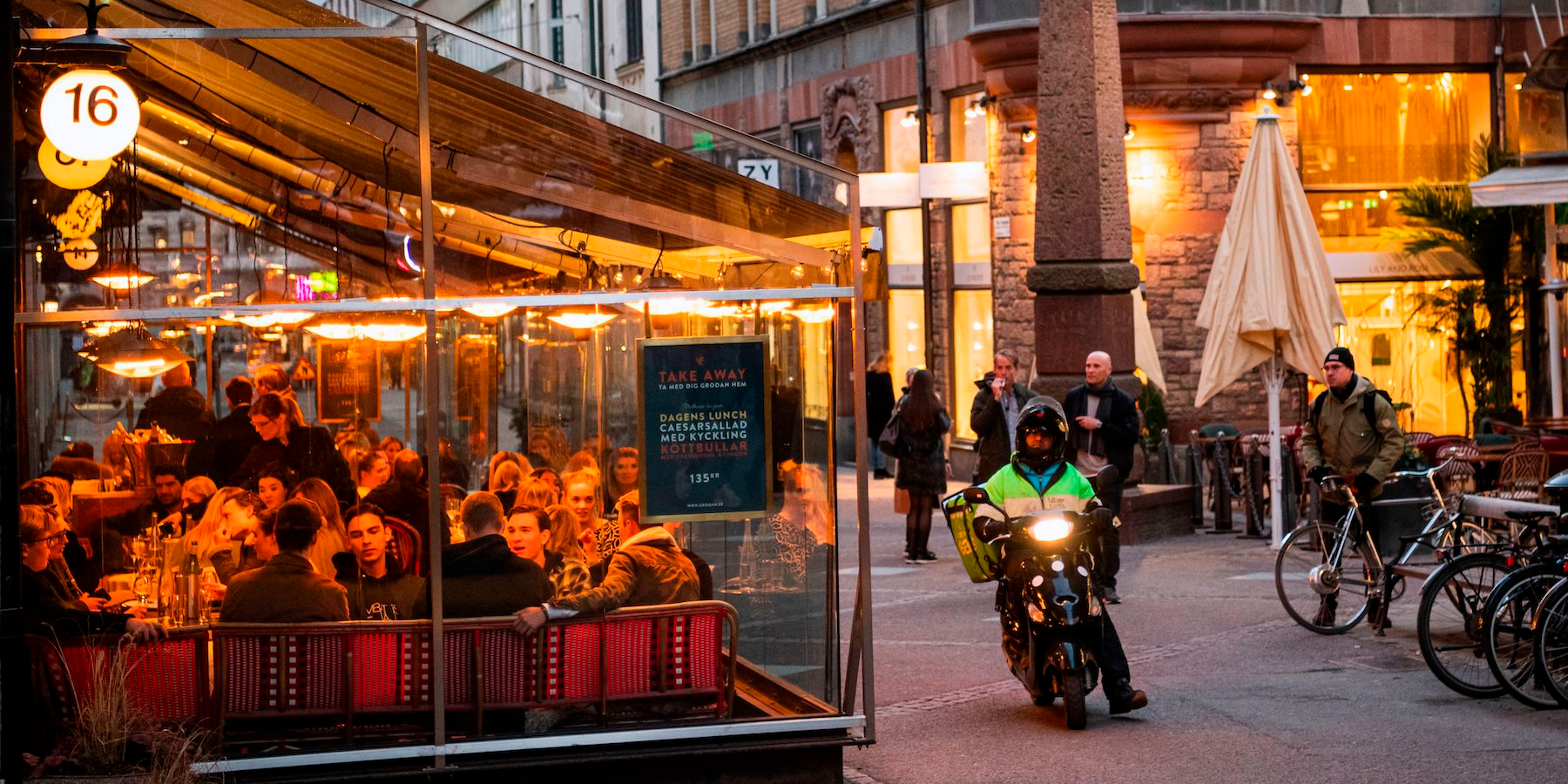- Sweden is sticking with its unusual coronavirus strategy, relying on people to take responsibility and follow guidelines instead of implementing lockdown measures like most other countries with outbreaks have done.
- There’s only a handful of restrictions in place, like a ban on gatherings of more than 50 people, while shops, restaurants, bars, and schools remain open.
- The government has defended its strategy and says people are following its advice, while statistics have suggested that many people are taking social-distancing steps like avoiding public transport.
- Sweden’s Parliament is also moving to give the government powers to quickly introduce more restrictions if needed, though the government has indicated it does not have any plans to use them.
- The country has seen over 790 coronavirus deaths, and some experts have expressed alarm. The World Health Organization is calling on Sweden to urgently take more action.
- Visit Business Insider’s homepage for more stories.
Sweden’s government is continuing its unusual coronavirus strategy of refusing to implement a lockdown, saying that people in the country are doing a good enough job of staying apart even as places like bars and restaurants remain open.
The country defied much of the rest of the world by not introducing lockdown measures forcing people to stay apart.
Its actions also went against almost all of the rest of Europe, where the worst-hit countries have put extreme restrictions on people leaving their homes and most others have at least closed bars and restaurants and limited gatherings of people.
It also contrasts hugely with neighboring Denmark, which put restrictions in place even before its first death and is now slowly lifting restrictions.
Sweden's strategy of relying on people's sense of responsibility instead of introducing new laws has not stopped the coronavirus from coming to the country: As of Friday morning, the country of 10 million people had 9,141 cases and 793 deaths.

And deaths have spiked: Tuesday, Wednesday, and Thursday were the three days with the highest death tolls so far, peaking at 114 on Tuesday.
Ann Linde, Sweden's foreign minister, on Wednesday described Sweden's approach as "no lockdown, and we rely very much on people taking responsibility themselves," CNN reported.
Here's what the approach consists of:
- Bars, restaurants, and malls are open.
- Schools are still open, and parents are required to keep sending their children.
- The government has urged against nonessential travel and encouraged people to work from home if they can, stay home if they feel unwell, keep a distance from others in public, and regularly wash their hands.
- People over 70 or in a higher-risk group are urged to stay home.
- The only restrictions are that gatherings of more than 50 people are banned, bars and restaurants can serve only customers who are seated to reduce crowding, and people cannot visit places like nursing homes.
Experts have said Sweden's response may be aided by the high level of trust Swedish people have in their government and their likeliness to follow its guidance, as well the already high proportion of the country that works from home.
But critics fear that the strategy could have an outcome like the one projected in the UK's original "herd immunity" plan for dealing with the virus - that was abandoned when modeling found that it could have resulted in up to 250,000 deaths.
On Saturday, Prime Minister Stefan Löfven said Sweden's death toll would eventually reach the "thousands."

He said that while the coronavirus had spread slower in Sweden than in many other countries, that did not mean Sweden could avoid its worst effects.
"We have chosen a strategy of trying to flatten the curve and not get too dramatic a process, because then the healthcare system probably will not cope," he told Sweden's Dagens Nyheter newspaper, according to The Guardian.
"But it also means that we will have more seriously ill people who need intensive care. We will have significantly more deaths. We will count the dead in thousands."
The government says people are obeying guidance well enough that it doesn't need new restrictions - for now
Still, the government has not introduced any immediate measures to force the population further apart.
Sweden's Parliament is moving to give the government more powers so that it can quickly enact new rules, like closing restaurants or schools. But Lena Hallengren, Sweden's health minister, said on Wednesday that the government didn't have any plans for how it might use that law.
Forbes reported last Friday that passenger numbers on public transport in Stockholm, the capital, had halved, while polls have indicated that half of the city's residents are working from home. Journalists in the city have also described emptier public transport.
US President Donald Trump has compared Sweden's plan to the strategy the UK abandoned. "Sweden did that, the herd, they call it the herd. Sweden's suffering very, very badly," Trump said on Tuesday, CNN reported.

But Linde said on Wednesday that Trump was "factually wrong" to suggest that Sweden was using the herd-immunity strategy.
And Anders Tegnell, Sweden's state epidemiologist, told Expressen, a CNN affiliate, "I think Sweden is doing OK.
"It's producing quality results the same way it's always done," Tegnell added. "So far Swedish healthcare is handling this pandemic in a fantastic way."
But still, some Swedish experts have expressed alarm and demanded justification for why Sweden is pursuing a strategy so out of line with that of other countries.
The World Health Organization has also called for Sweden to take more action, telling CNN on Wednesday that it is "imperative" that Sweden "increase measures to control spread of the virus, prepare and increase capacity of the health system to cope, ensure physical distancing and communicate the why and how of all measures to the population."
